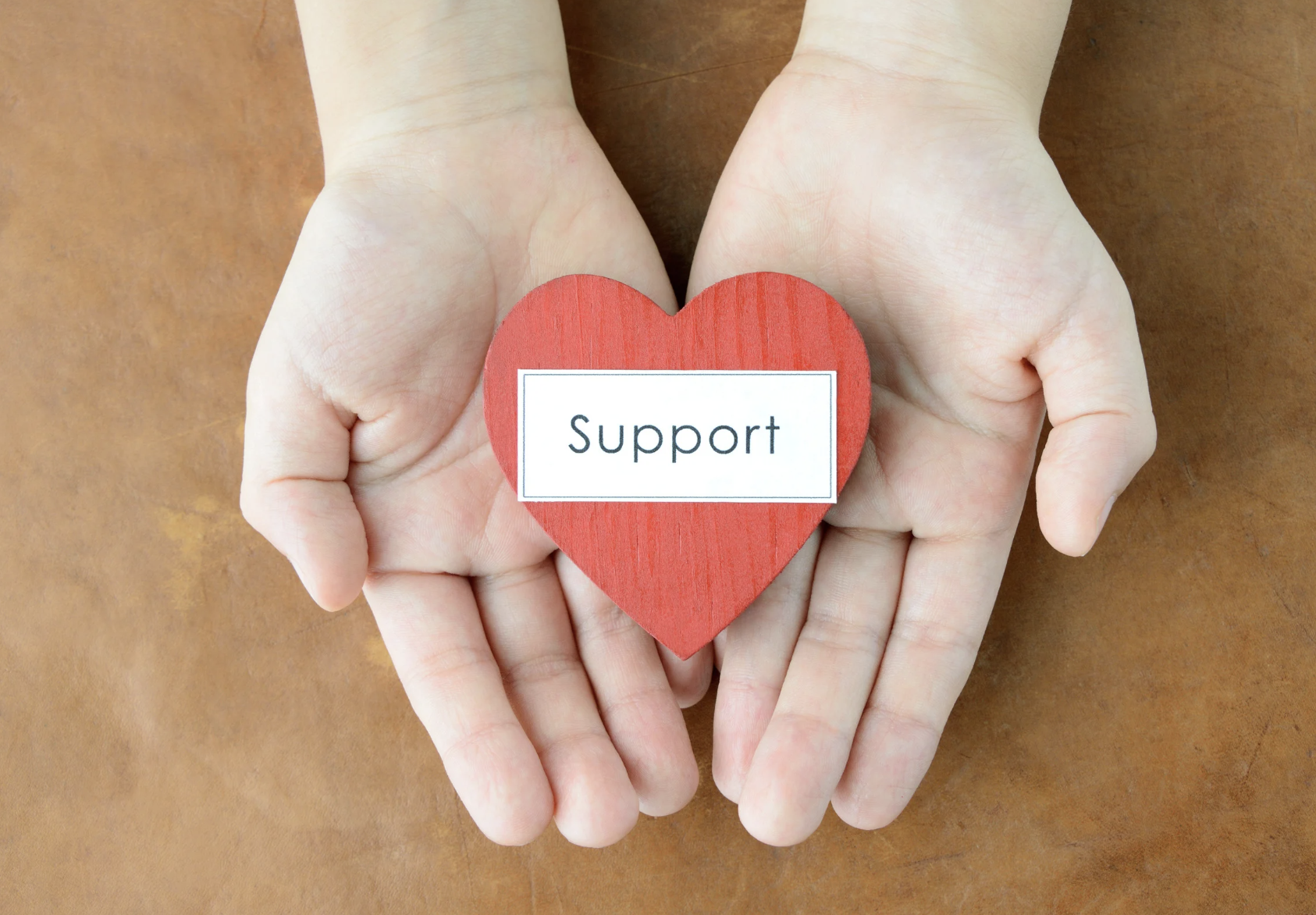(Note: Looking for information on California, Texas, Florida, New York, or Pennsylvania? Check out our previous post, Are Behavioral Health Peer Support Services Covered in California, Texas, Florida, New York, and Pennsylvania Sober Living Homes and Addiction Treatment Programs,? on peer support services and coverage in those states.)
Are you a sober living home owner or operator in Illinois, Ohio, Georgia, North Carolina, or Michigan looking into adding peer support services for your recovery housing residents?
It makes sense!
Peer support services are increasingly popular “add-ons” at sober living homes.
Although formal, professional peer support services only emerged in the 2000s within the recovery community, popular community support networks like AA, NA, and other 12-step based programs have been implementing similar common sense support with great success for decades. Now, with more licensing, supervision, and regulation - as well as institutional support, including Medicaid coverage and evidence-based training programs - peer support technicians are seeing results like never before.
Indeed, studies have shown that effective peer support interventions are associated with fewer relapses, better treatment outcomes, higher quality relationships with treatment providers, and overall improved patient (or resident) satisfaction with their early recovery experience.
In this post, let’s examine what peer support services Medicaid patients in Illinois, Ohio, Georgia, North Carolina, and Michigan can reasonably expect to be covered. We’ll also look at copay requirements, as well as limitations and exclusions that might apply in these popular states.
What CPT Billing Code Should Sober Living Homes Use for Peer Support Services in Illinois, Ohio, Georgia, North Carolina, and Michigan?
Every state uses a different CPT code for peer support services, but H0038 is a common one.
We’ll cover the individual codes for each state in our state-by-state breakdown below.
Also, remember that modifiers matter. If you’re providing these services as part of a formal addiction treatment program - providing clinical services above and beyond the non-clinical sober living home environment - then you’ll want to add the modifier, “HF,” to your CPT code. If the peer support services occur in a group setting, then the “HQ” modifier is appropriate, as well. For telehealth sessions, the “G Q” modifier is indicated.
Are Behavioral Health Peer Support Services Covered in Illinois, Ohio, Georgia, North Carolina, and Michigan?
Let’s break these down one by one, because each state is a little different.
Peer Support Services in Illinois: Yes, Illinois now covers “peer recovery support services.” This state was a little late to the game and only began full Medicaid coverage for peer support services as recently as 2023. Before that, the state was conducting a pilot program for peer support services in 2019. You can read more about Medicaid coverage for addiction treatment in Illinois in our post, Addiction Treatment Medicaid Billing FAQ for Illinois. In Illinois, peer recovery support is billed under H2014.
Ohio Peer Support Services Coverage: Yes, Ohio fully covers peer support services for patients in treatment for Substance Use Disorder. There are no limitations on this service and no copay required. For more on how Medicaid billing works in Ohio, see our post. How to Handle Medicaid Billing for Addiction Treatment in Ohio.
Georgia Peer Support Services Coverage: Yes, Georgia covers peer support services for people in treatment for SUD. Georgia is actually considered a pioneer in peer support services. The state recently celebrated 20 years of “Peer Support leadership.” Georgia spends in excess of $20 million on peer support services annually and maintains a complex certification program with specializations in youth, parenting, whole health and “forensic lived experience.” You can read more about Georgia medicaid in our post, Medicaid Billing for Addiction Treatment in Georgia.
North Carolina Peer Support Services Coverage: Yes, North Carolina covers peer support services under its Medicaid program, and no copay is required to access these services. There is, however, a cap on the number of peer support sessions a patient or resident may access in a fiscal year without prior authorization. That number is 24. With prior auth, a patient can access up to 270 units of service within 90 days. After that, it’s still possible to get North Carolina Medicaid to cover additional peer support sessions, but additional authorizations are needed. In North Carolina, you’ll mostly likely use the CPT code H0038 for peer support services. For more information on Medicaid billing in North Carolina for behavioral health providers, check out our post on Billing Medicaid for Addiction Treatment in North Carolina.
Michigan Peer Support Services Coverage: Yes, Michigan medicaid covers peer support services, although in Michigan’s Medicaid Provider Manual, these peer-to-peer services are referred to as “peer recovery coaching.” There is no copay for these services and no restrictions or limitations on peer support, either. For more on Michigan Medicaid billing for addiction treatment providers and sober living home operators, check out our post on Mastering Medicaid Billing for Addiction Treatment in Michigan
Sober Living App Helps Sober Living Succeed
Sober Living App makes it easier - and more profitable - to operate sober living homes.
Our all-in-one app handles rent collection, admissions, property management, residents’ care coordination, community contacts, transportation details, calendars, staff, alumni and more - all from the convenience of your phone.
Claim your free trial today and see why more sober living homes prefer the Sober Living App.




